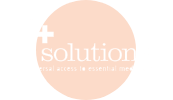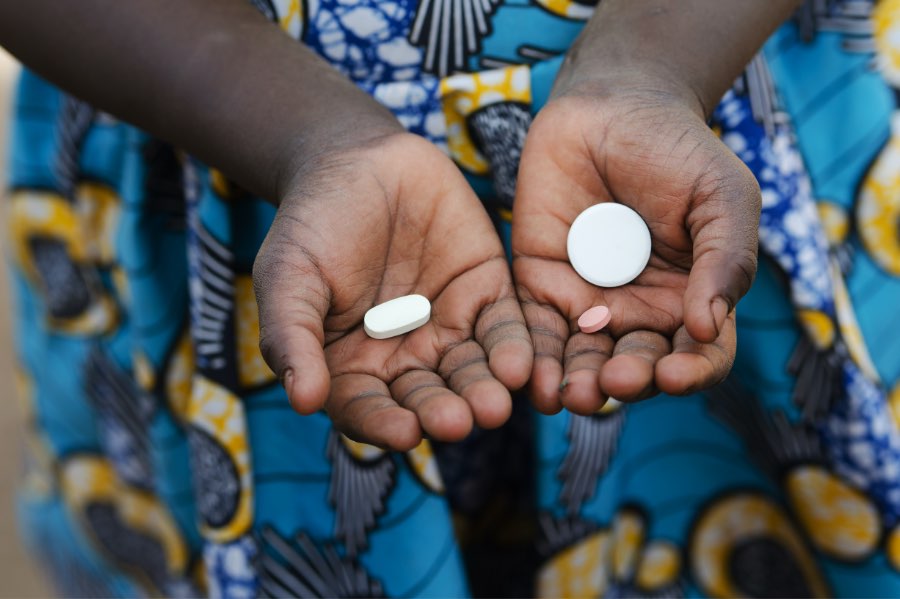
A more transparent and visible
medical supply chain for
I+solutions
The blockchain solution that improved the
supply chain of essential medication
Around 2 billion people around the world do not have access to essential medicines, such as those to treat HIV/AIDS, malaria and tuberculosis. These diseases killed approximately 6 million people in 2016 alone. Since then, this number has been reduced by 40%. Numerous organizations that aim to maximize access to medicine and healthcare are to thank for these results, and I+solutions is among them. They form an independent non-profit organization, specialized in pharmaceutical supply chain management for developing countries. Their mission: to ensure that essential medication reaches those who need them and to make sure they never go out of stock.
The (medical) supply chain can be challenging. After the exploration of blockchain technology, unchain.io and I+solution came to the following conclusion: we have to solve the lack of end-to-end visibility of supply chain processes. Understock and overstock situations result in not being able to help those in need. Overstock leads to a waste of medication, due to expiry dates. Understock situations can lead to interruptions in treatment, with potentially lethal consequences. In addition, counterfeit and fake medicine is a growing issue.
The need for an optimized supply chain
There are a lot of different parties involved in the medication-distribution process—each with their own isolated IT system or means of registration. Blockchain technology was used to collect the data from the various parties and feed it into a control tower for end-to-end visibility and transparent management of the supply chain. This solution was executed in Nigeria to showcase the feasibility of blockchain technology for this industry.

What role did Unchain play?
Our contributions to the project were the following:
- the design of the distributed solution;
- The development of the distributed application on Hyperledger Fabric;
- The integration of a warehouse management system of the customer based on the Blockchain Gateway Integration Suite;
- Deployment of the network on the Blockchain Gateway.
The added business value for i+solution
This blockchain pilot is part of a larger collaboration with the Nigerian government to develop a point-of-view and action plan for the implementation of a blockchain network to assist the distribution of medication in Nigeria.